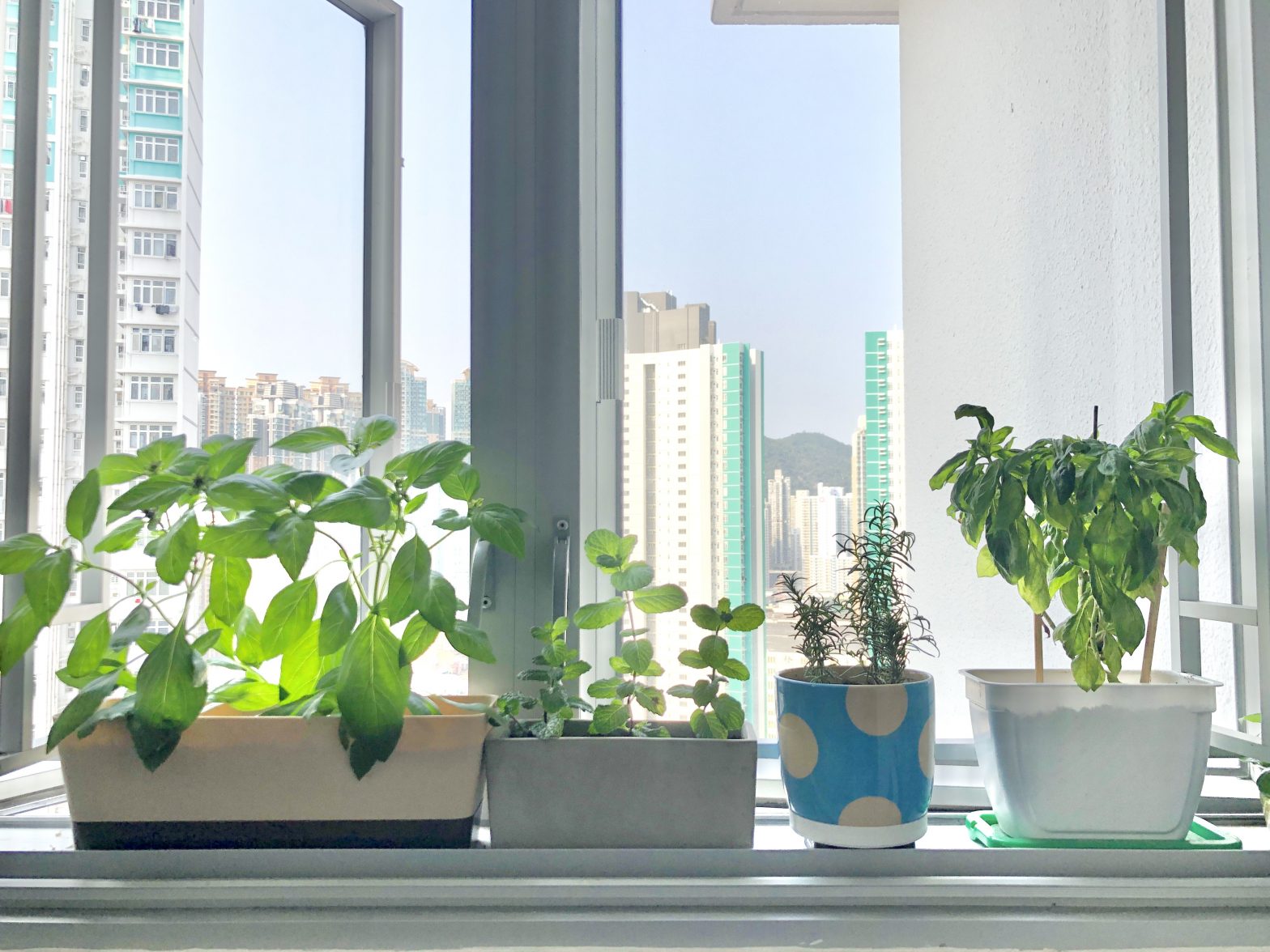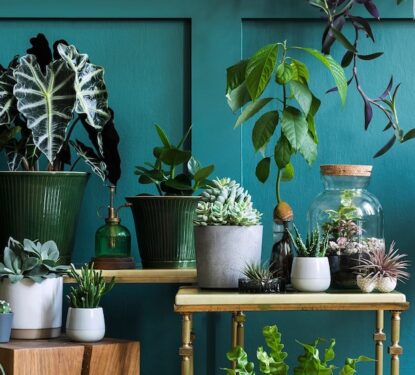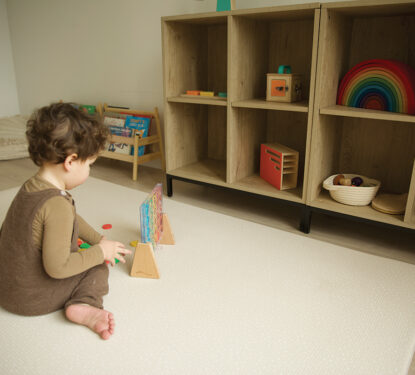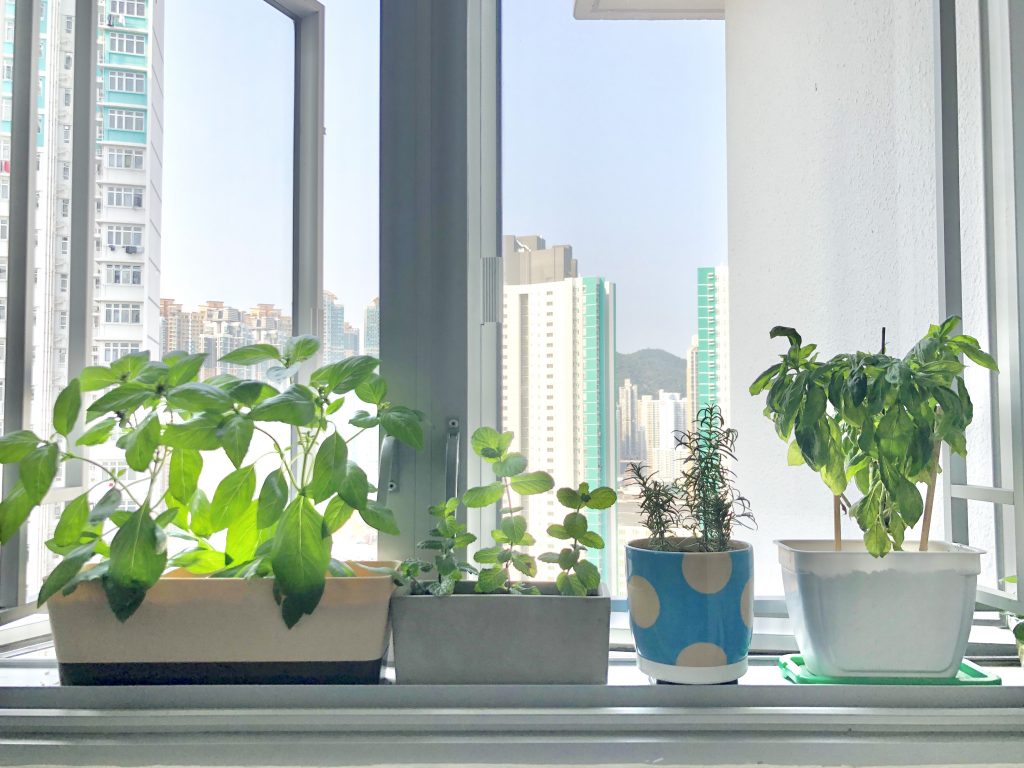
While most of us in Hong Kong don’t have room for a bountiful outdoor vegetable garden, you can likely spare a windowsill to grow your own herbs at home! After all, who doesn’t love fresh herbs to jazz up their cooking, cocktails and baked goods?
Homegrown social enterprise Rooftop Republic is all about cultivating urban farming and gardening across Hong Kong, so we caught up with keen home gardener Cherry Mak, the company’s marketing and operations executive.
She shares her insights on how to start a herb garden in a tight space, the basic tools you’ll need, common mistakes, and which herbs will work best for your living space:
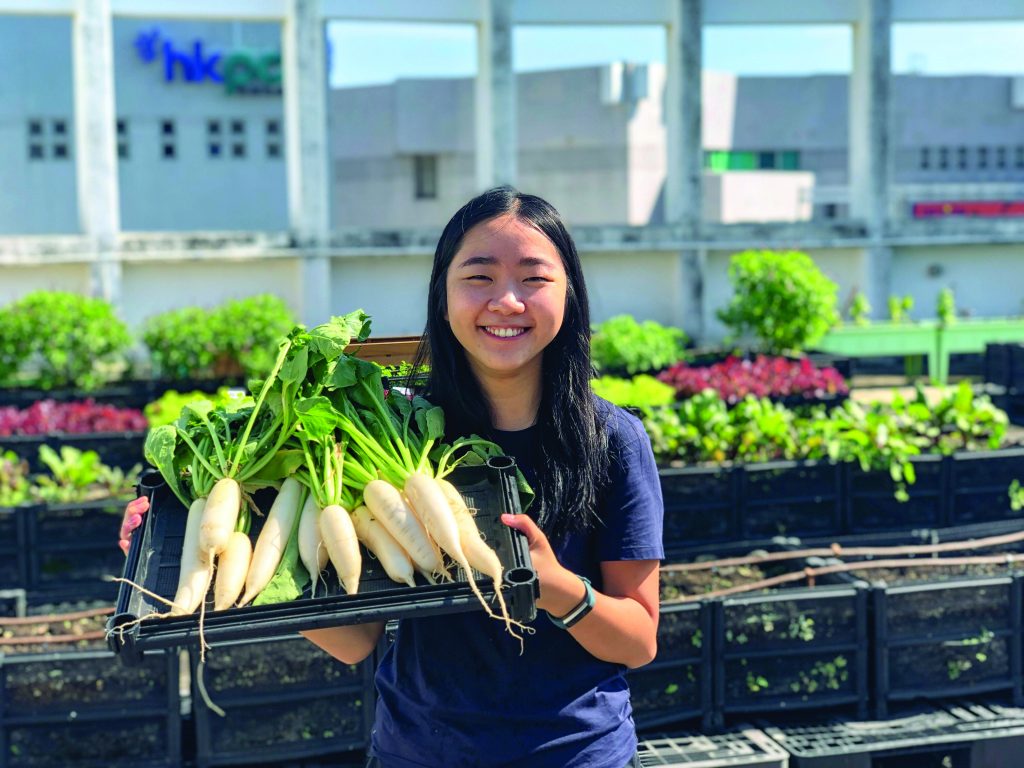
What’s the first step to starting your own herb garden?
Buy a pot, organic soil, seeds, and get started. It’s so simple, but a lot of people overthink it. And actually, you don’t even need a pot! You can use a bottle, jar or a cup for a small garden in your apartment, then use a fork or spoon to care for them.
What are the best types of herbs to grow indoors?
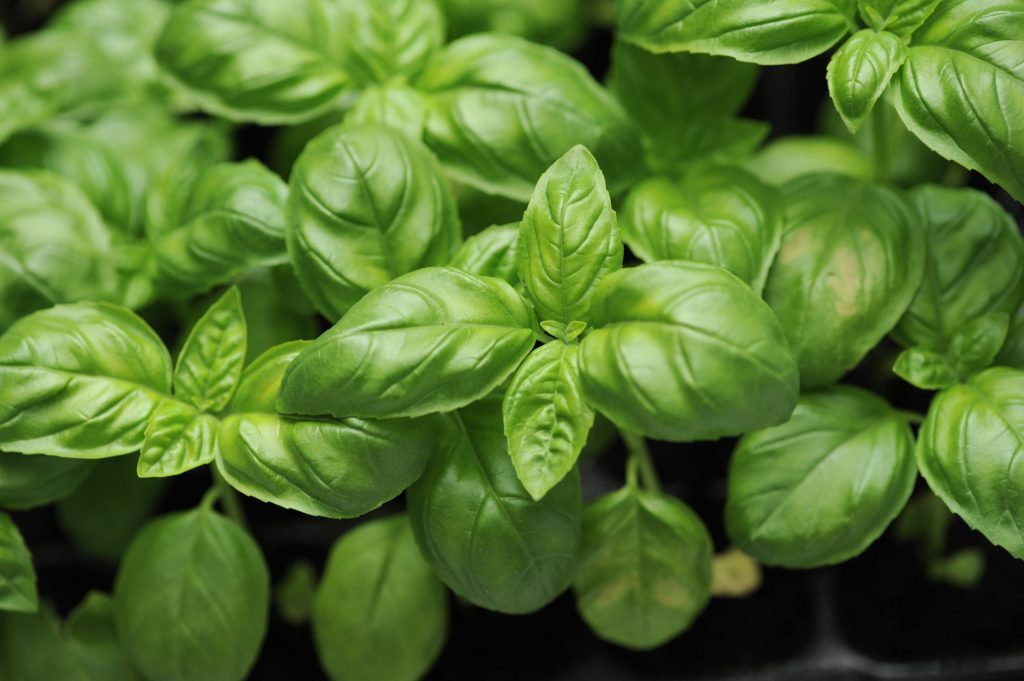
My windows are north-facing, so I don’t have direct sunlight, which I think is a common issue to grow herbs in Hong Kong. I have found that rosemary and mint can tolerate low-light well. Even though basil prefers direct sunlight, it can still grow on your windowsill. Mine just grows a bit slower.
We also suggest microgreens, sage, parsley, lemon balm and marigold for indoor spaces. Marigold is like a chrysanthemum – it’s an edible flower and you can make a really nice, aromatic tea with it. Sage, on the other hand, is ideal to cook with, especially for meat and fish dishes.
And which herbs are best for a terrace or rooftop?
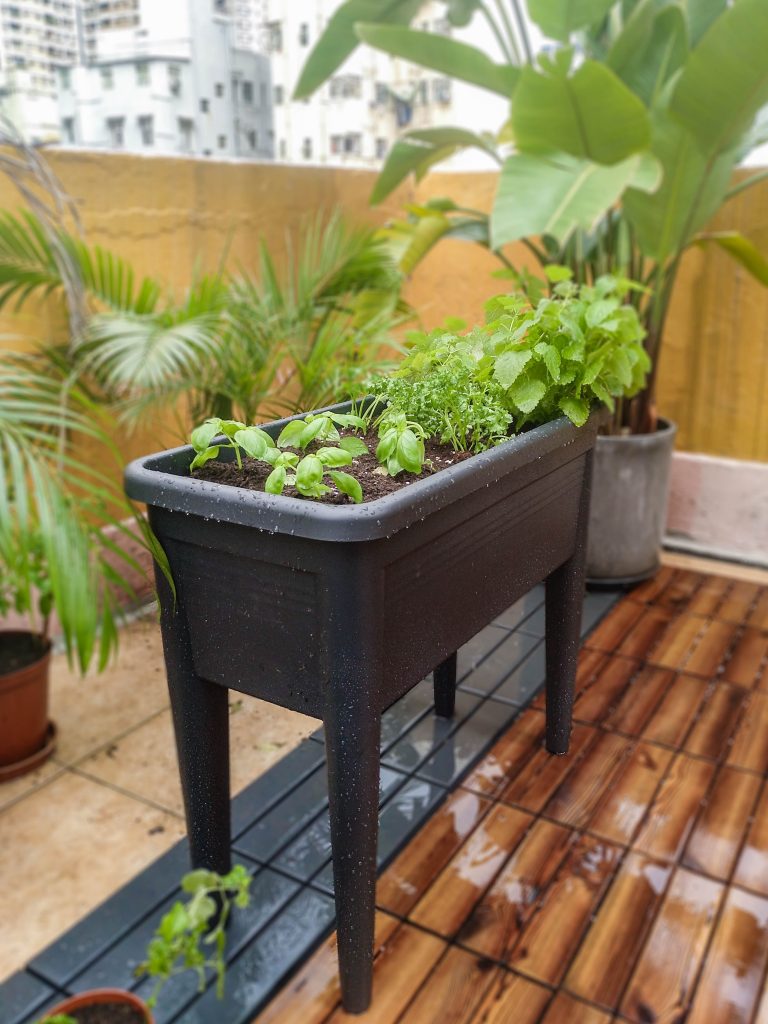
If you have lots of direct sunlight, we suggest plants like basil, mint, rosemary, sage, and dill. Generally speaking, herbs grow easily compared to fruiting crops. Although chilli and fennel also love sunlight, they need more care in general. Another thing to keep in mind is that plants with strong aromas – like sage – will keep pests away, while those that sprout fruits can attract pests.
How do you ward off insects?
When you grow plants indoors, make sure the ventilation is good because a wet, moist environment will attract a lot of insects, especially if you water your plants too much. I always stress that you water your plants’ soil twice a day – once in the early morning, once in the evening. Don’t spritz the leaves, because the heat from the sun will evaporate the water and burn the leaves.
If you see insects emerge, we suggest using yellow sticky fly paper to trap the insects. If that doesn’t work, then you can spray diluted neem oil or soapy water. You want to avoid chemicals because you plan to consume those herbs and vegetables.
What are some common mistakes that people make?
People often get confused about seasonality and climate. You should choose seeds that are meant for your climate. For instance, if you buy some rosemary seeds online from Japan or Australia, they might not be suitable for Hong Kong. Buy seed varieties from Southeast Asia or Taiwan, so you know they will grow well here.
Seasonality is more important when growing fruiting crops – melon or beans grow well in the summer, while kale, radish, and tomato do well in winter. But if you’re just planning on growing herbs, then it is much easier. Basil is a good example: In winter, basil may not germinate as well and growth may slow down, then it will put out many more leaves in the summer. Yet, it still grows all year round.
What else will keep our herb garden healthy and happy?
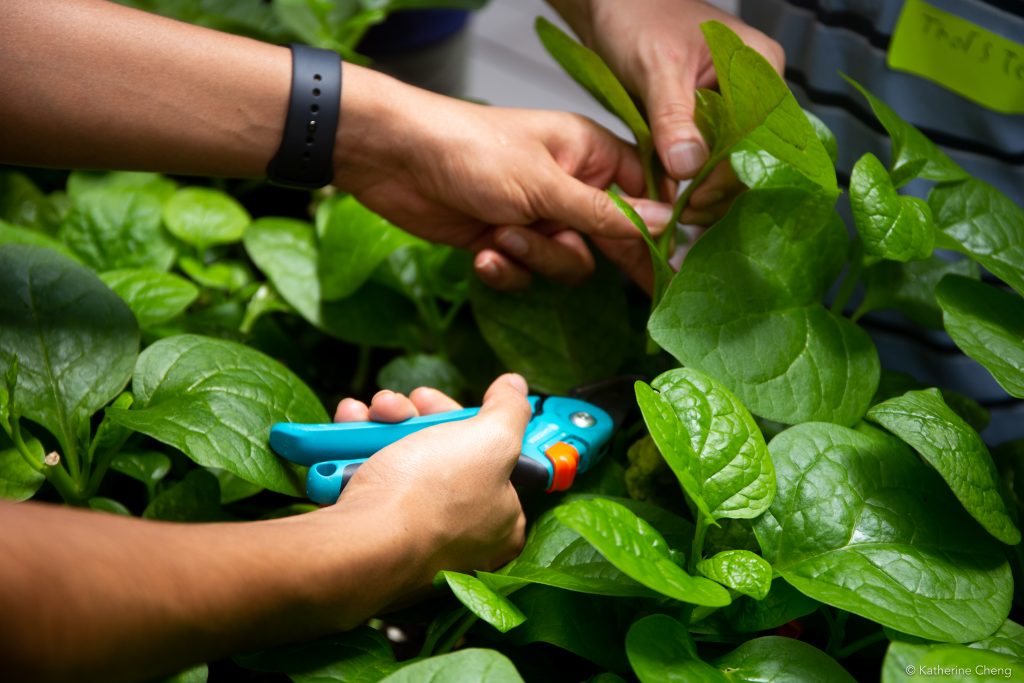
Prune your herbs! Pruning stimulates the side branches and helps the plant grow outward, so it can get wider and fuller. If you don’t prune, then they’ll just grow straight up. Also, consume your herbs regularly, because the plant will learn to replenish itself and keep up with demand.
When’s the best time to start a herb garden?
Right now, especially since we are all spending way too much time at home these days. Planting herbs is a simple way to improve your personal environment, and wellbeing in the process. If you have a family, it is also a nice way to bond with your children and give them some hands-on, educational activities. Kids can learn all about the life cycles of plants, how to care for their herbs, and how to use them in cooking and baking!
Learn more about urban farming in Hong Kong here!

